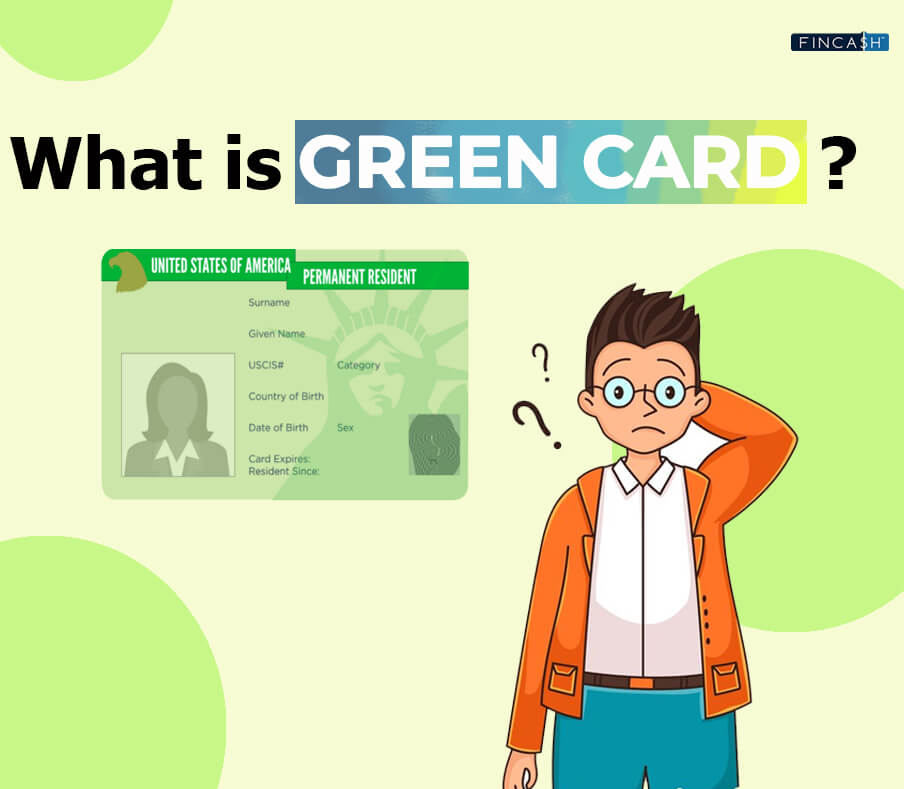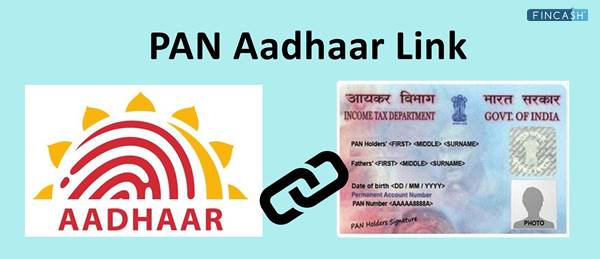What is a Green Card?
A Green Card, officially known as a United States Permanent Resident Card, is the official documentation bestowed upon individuals who attain lawful permanent resident status in the United States. This permanent residency classification falls under immigrant visas, granting foreign nationals the legal right to reside and work in the United States.

Furthermore, holders of green cards possess the opportunity to pursue U.S. citizenship, typically attainable after maintaining permanent resident status for a span of either three or five years. Overall, it represents the chance to build a new life in the United States and become a permanent resident of the world's most powerful nation. In this post, let's explore everything about this gateway to new opportunities and possibilities.
Understanding the Green Card
A Green Card is a government-issued identification card that certifies an individual's status as a lawful permanent resident of the United States. It allows non-U.S. citizens to live and work in the country indefinitely. This document is known as a Green Card because of its former colour, and it plays a pivotal role in one's journey towards citizenship. The United States Citizenship and Immigration Services (USCIS) approves and processes green card applications. The path to securing U.S. permanent residency encompasses various options, encircling various green card categories. These classifications include family-based green cards, including marriage-based green cards catering to same-sex and heterosexual couples. Additionally, there are humanitarian green cards, employment-based green cards, and many specialised green card categories, each designed to accommodate distinct circumstances.
Family-Based Green Cards
Such a green card lets immediate relatives of holders and citizens work and live in the United States. The immediate relatives include close family members, such as:
- Spouses
- Siblings
- Parents
- Unmarried children
- Widowers/widows
Under the U.S. immigration law, the process for marriage-based green cards for same-sex couples is not different. As long as you can prove that your relationship with the green card holder is legal and real, you can easily apply for the green card.
Talk to our investment specialist
Humanitarian Green Cards
The American government also provides green cards for humanitarian reasons to foreign nationals. People who have been victims of human trafficking, crime, and abuse or seeking asylum status or refuge can apply for this green card.
For Asylum Seekers and Refugees
Asylum seekers and refugees who have come to America can apply for a green card, which grants them the lawful right to reside and work within the country. By their designation, refugees forward their applications outside the United States, seeking protection against violence and persecution in their home country. On the other hand, Asylees have sought refuge within the United States before formally requesting protection. Once refugees and asylees have physically resided in the United States for at least one year, they can apply for a green card. This eligibility extends to the children and spouses of asylees, who may also attain asylum status and, subsequently, a green card.
For Abuse Victims
Under the provisions of the Violence Against Women Act (VAWA), you have the option to submit a green card application discreetly without the knowledge of your abusive family member. This abusive family member can encompass a violent spouse, parent, or child who holds a green card or is a U.S. citizen. It's essential to recognise that VAWA has a broad application and is not limited to women alone. It extends to all individuals in abusive circumstances, encompassing LGBT-inclusive and transgender individuals, men, children, and parents who can seek a green card.
For Crime Victims
Individuals who have been victims of severe crimes resulting in significant physical and psychological harm can apply for a U visa before pursuing a green card. The U visa is a specialised nonimmigrant visa designed for both documented and undocumented foreign nationals, protecting against heinous crimes such as sexual assault, kidnapping, and torture.
For Human Trafficking Victims
If you've been subjected to human trafficking within the United States, you can apply for a T visa. The T visa is a specialised immigrant visa designed to provide victims of human trafficking with the opportunity to reside in the United States for up to four years. It's worth noting that individuals under 18 are not required to cooperate with law enforcement in this manner.
Employment-Based Green Cards
Obtaining a green card through your U.S. employer is another viable pathway. This category of green cards is designed to facilitate foreign nationals with exceptional ability to reside in the United States and make substantial contributions to the U.S. labour force and Economy. In most instances, your U.S. employer must act as the petitioner to initiate the application process for an employment-based green card, except for a few rare exceptions.
Diversity Lottery Green Cards
The Diversity Visa Lottery, commonly known as the Green Card Lottery, provides an additional avenue for foreign nationals to secure U.S. permanent residency. The U.S. Department of State annually releases a roster of countries whose citizens are eligible to contribute in the Diversity Immigrant Visa Lottery. These countries typically exhibit a low rate of immigration to the United States, and only individuals hailing from nations on this list are permitted to apply for the lottery. The lottery system randomly selects 50,000 individuals.
Rights and Privileges of Green Card Holders
Green Card holders enjoy various rights and privileges, including:
Living and Working in the U.S.: The holders of a green card can work and live anywhere in America. They have the freedom to choose their place of residence and employment
Access to Education: Green Card holders have access to the U.S. education system, from elementary school to higher education. They can attend public schools and colleges, often at in-state tuition rates
Healthcare Benefits: They can apply for coverage through the Affordable Care Act and Medicaid
Protection Under U.S. Law: Green Card holders have access to the legal system and are protected by U.S. laws
Eligibility for Social Security Benefits: In most cases, the holders of a green card can get Social Security benefits upon retirement
Path to Citizenship: Green Card holders can apply for U.S. citizenship after meeting specific residency requirements
Difference Between a Green Card and Citizenship
At times, people misconstrue having a green card with American citizenship. But that's not the right case. A green card proves that you have received permanent residence in the U.S. from the USCIS. With this, you can work and live lawfully in the country but cannot vote in the U.S. national elections. On the other hand, being an American citizen means having the right to work, live, and vote in all national and state elections.
Green Card Application Process
Getting a Green Card is a multi-step process:
- Determine Eligibility: The first step is identifying which Green Card category suits your situation
- File a Petition: An employer or eligible family member or must file a petition on your behalf
- Wait for a Decision: U.S. Citizenship and Immigration Services (USCIS) will review the petition and make a decision
- Visa Number Availability: In some categories, you may need to wait for a visa number to become available
- Adjustment of Status or Consular Processing: This step varies based on location. It involves either applying for an adjustment of status if you are already in the U.S. or going through consular processing if you are abroad
- Biometrics and Interview: You will attend a biometrics appointment and possibly an interview to complete the application process
- Receive a Green Card: Once approved, you'll receive your Green Card, officially granting you permanent resident status
Conclusion
A Green Card symbolises hope, opportunity, and the chance to build a life in the United States. Obtaining one is a significant accomplishment, opening doors to many privileges and possibilities. Whether you're reuniting with family, pursuing a career, or seeking refuge, a Green Card can be your ticket to a brighter future in the Land of opportunity.
All efforts have been made to ensure the information provided here is accurate. However, no guarantees are made regarding correctness of data. Please verify with scheme information document before making any investment.












